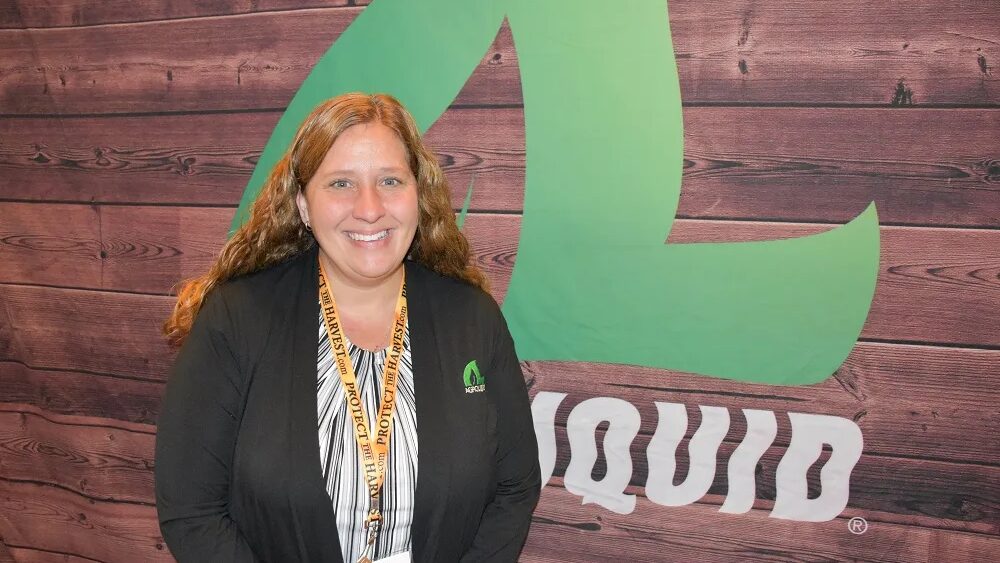Is this the year to soil test on your farm? If it has been more than three years since the last tests, one expert says plan on it this year.
“I’m not really concerned about if you’re a spring sampler or a fall sampler, I just want you to be consistent,” says Stephanie Zelinko, national agronomist from AgroLiquid. “So, if you’re going to be sampling in the fall, always do it in the fall. That way you can do those comparisons from year to year, and I like to see every two to three years, especially if you’re doing heavy applications of manure or other dry applications, just so you can monitor those changes over time.”
She says more and more are aware of the importance of soil testing as farmers continue to push yields. But the expense and all that data returned in a test can cause some to shy away from testing regularly.
“But for us it’s a good baseline of that soil overall health, the overall fertility health of it that we’re going to help you pinpoint some areas to focus on to improve your overall cropping applications.”
Zelinko likens a soil test to what happens when you visit the doctor.
“A soil test is really no different than a blood test that you would get for yourself at a doctor,” she said. “It’s just going to give you an overall quick snapshot of how your body is working. The soil test is going to do the same thing. That’s going to be that main food source for your crop so it’s going to tell you what nutrients you have, what you may be lacking, and then growers can work with a crop nutrition specialist to actually figure out where they need to improve. That’s going to improve their overall return and overall profitability, and so that’s where they’re going to make money.”
AgroLiquid research here and across the country is entered into a complete database to calculate what they call “win-rates” for farmers.
“That’s just the likelihood that we’re going to see a yield and economic return of adding a specific nutrient component, and this is what our sales team uses to help growers make those decisions. And it goes back to the operation. Are you pushing 300-bushel corn or are you pushing 150-bushel corn, and then you can figure out if you should spend those dollars on say, zinc to get that anticipated return.”
AgroLiquid is a family-owned company headquartered in St. Johns, Michigan producing and manufacturing a complete line of crop nutrition. They offer nitrogen, phosphorus and potassium along with secondary and micronutrients in the liquid form.
“It’s all liquid nutrition that can go out at planning time, in furrow, two by two, through foliar applications, so a lot of flexibility.”
Learn more about soil testing at https://www.agroliquid.com/back2basics/.







